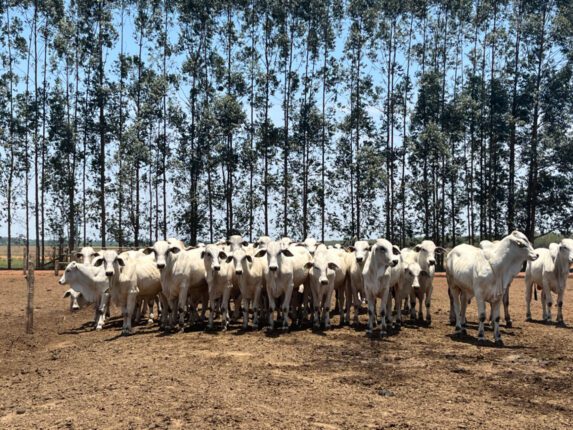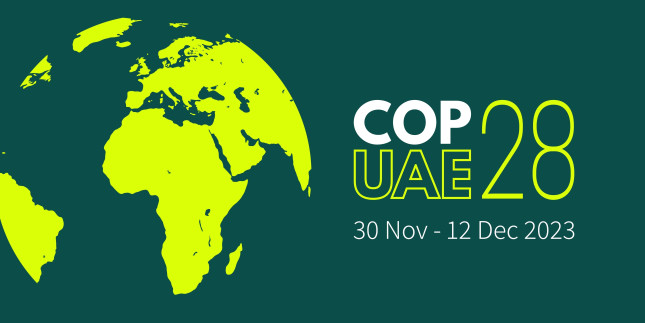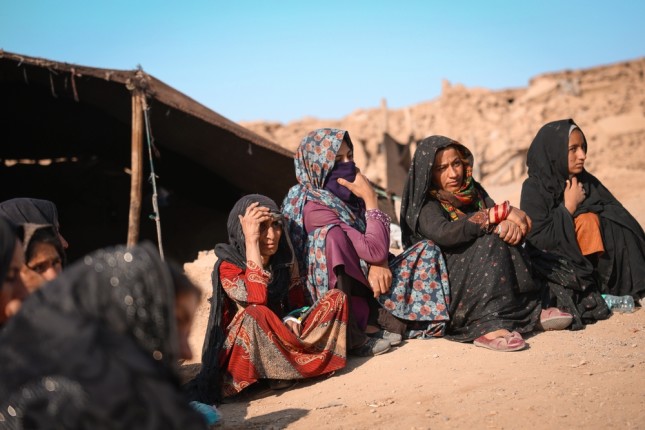-
Is the Chinese Market Hungry for Carbon-Neutral Beef?
›
Days before Brazilian President da Silva Feb visited China in late March 2023, China resumed its beef imports from Brazil after a temporary ban due to an earlier discovery of Mad Cow Disease. Brazil quickly bounced back as the top exporter of beef to China, a country hungry for it. With the continuous growth of China’s economy, population, urbanization, and increasing income levels, there has been an increased demand for high-protein foods. Among these, beef has become a highly sought-after delicacy. Since 2012, China has transitioned from a net exporter to a net importer of beef, primarily relying on countries like Brazil.
-
Before the Flood: Lessons from Attempts to Predict Displacement
›
Severe flooding is a major cause of human displacement. According to the latest annual report by the International Displacement Monitoring Centre, around 61 million people were forced to move within their country of residence during 2022 due to conflict or disasters. More than one quarter of these—19.2 million people—were displaced by floods.
-
“Radioactive Fish” and Geopolitics: Economic Coercion and China-Japan Relations
›
On the same day Japan began wastewater releases from the Fukushima nuclear power plant in late August 2023, the website of China’s customs agency announced the country would “completely suspend the import of aquatic products originating from Japan.”
-
Bottom-Up Food Waste and Climate Solution in China
›China Environment Forum // Cool Agriculture // Guest Contributor // waste // December 21, 2023 // By Xuehua Zhang
China is the world’s largest emitter of methane, a short-lived climate pollutant that traps 80 times more heat than carbon. Coal mining, agriculture, and food waste are China’s three biggest methane emitters. Among them, food waste holds the most promise for near-term climate action.
-
Green Corruption: Dissecting a Recent Wilson Center Event
› In today’s episode of New Security Broadcast, ECSP’s Angus Soderberg breaks down a recent Wilson Center event against the backdrop of the 10th annual Conference of State Parties (COSP) to the UN Convention on Corruption, which is under way in Atlanta this week. On September 19, ECSP and the Wilson Center’s Global Europe Program, in partnership with the U.S. Department of State, the Embassy of the Principality of Liechtenstein, and the Basel Institute on Governance, hosted Combating Green Corruption: Fighting Financial Crime as a Driver of Environmental Degradation. The speakers discuss how corruption fuels wildlife trafficking and other environmental crimes, which finance illicit activities, hamper development, and erode efforts to combat biodiversity loss and climate change across the globe.
In today’s episode of New Security Broadcast, ECSP’s Angus Soderberg breaks down a recent Wilson Center event against the backdrop of the 10th annual Conference of State Parties (COSP) to the UN Convention on Corruption, which is under way in Atlanta this week. On September 19, ECSP and the Wilson Center’s Global Europe Program, in partnership with the U.S. Department of State, the Embassy of the Principality of Liechtenstein, and the Basel Institute on Governance, hosted Combating Green Corruption: Fighting Financial Crime as a Driver of Environmental Degradation. The speakers discuss how corruption fuels wildlife trafficking and other environmental crimes, which finance illicit activities, hamper development, and erode efforts to combat biodiversity loss and climate change across the globe.
-
Age Structure: The Root of sub-Saharan Africa’s Governance Problems?
›
The research presented in this article was subsequently published in a peer-reviewed article: https://www.degruyter.com/document/doi/10.1515/spp-2023-0029/html
Sub-Saharan Africa’s sluggish economic growth and brittle political structures are clear challenges for the region. And two major development theories—one strictly political, the other demographic—seem to steer parallel courses in explaining them.
-
Gaza, Yemen, Syria, Human Rights, and Oil: The Elephants in the COP28 Room
›
The annual multilateral Conference of the Parties (COP) has become one of the most important meetings on the global agenda. So the fact that the United Arab Emirates (UAE) will host COP28 starting this week in Dubai—on the coattails of another Arab country, Egypt, hosting COP27 in 2022—is a big deal. Bringing such important international meetings to the Global South is a step forward in decentering and reorienting global climate action.
-
The Health Burden of the Afghan Woman: Navigating Challenges Amidst Calamity
›Dot-Mom // Guest Contributor // November 21, 2023 // By Massoma Jafari, Fatima Jafari, Faiza Rab & Ijia Ormel
In the rugged heart of Western Afghanistan, the people of Herat Province have been grappling since October 7, 2023 with a relentless barrage of aftershocks from a series of powerful earthquakes that surpassed 6.0 in magnitude. These seismic convulsions have left an indelible mark on this land and its people. After 40 years of almost-continuous conflict, Afghanistan already faces some of the world’s most alarming health statistics. The nation has one of the highest maternal mortality rates globally, with 638 deaths per 100,000 live births, as well as an infant mortality rate of 36 deaths per 1,000 live births.
Showing posts from category Guest Contributor.











